DIFFERENT EFFECTS OF BINGE DRINKING AND HANGOVER ON MOOD ARE MEDIATED BY DIFFERENT CRF RECEPTORS
01/30/2020
Zsolt Bagosi1, Balázs Simon1, Gergely Karasz1, Katalin Eszter Ibos1, Éva Dobó1, Krisztina Csabafi1
1 Department of Pathophysiology, Faculty of Medicine, University of Szeged
Binge drinking is defined as consuming a large amount of alcohol in a short period of time. Hangover is a temporary state described as the unpleasant next-day effects after binge drinking. The aim of the present study was to determine the effects of binge drinking and hangover on mood and the participation of the two CRF receptors (CRF1 and CRF2) in these effects. Therefore, male C57BL/6 mice were exposed to 4 days of drinking in the dark, a classical method used to investigate binge drinking in animals. On the 4th day (immediately after binge drinking) and on the 5th day (24 hours after binge drinking) mice were treated intracerebroventricularly with selective CRF1 antagonist antalarmin or selective CRF2 antagonist astressin2B, and then investigated in an elevated plus-maze test and a forced swim test for anxiety- and depression-like behavior. On the 4th day binge drinking exerted anxiolytic and antidepressant effects that were inhibited by astressin2B, but not antalarmin. In contrast, on the next day mice exposed to binge drinking exhibited signs of anxiety and depression that were ameliorated only by antalarmin, and not astressin2B. Therefore, the present study demonstrates that the effects of binge drinking and hangover on mood are mediated by CRF2 and CRF1, respectively. The present study was supported by EFOP-3.6.2-16-2017-00006.
